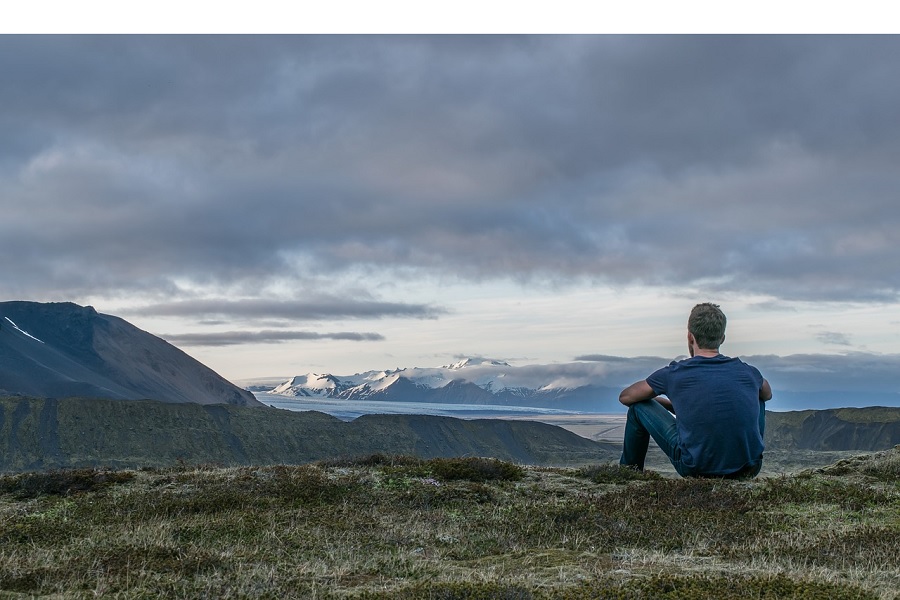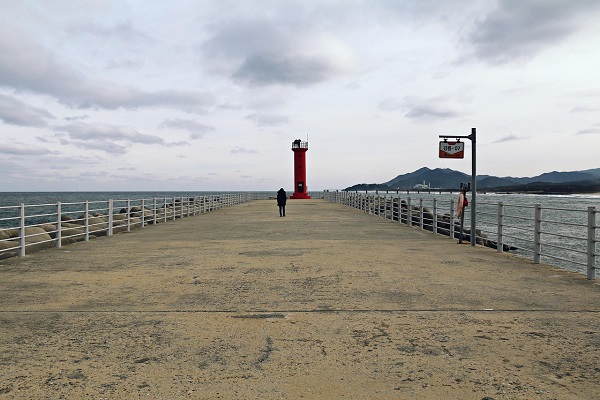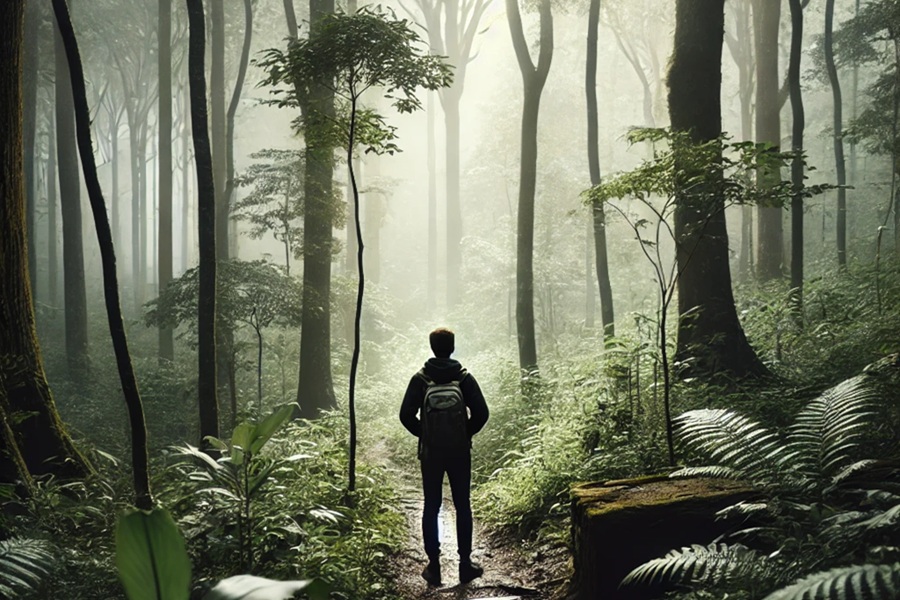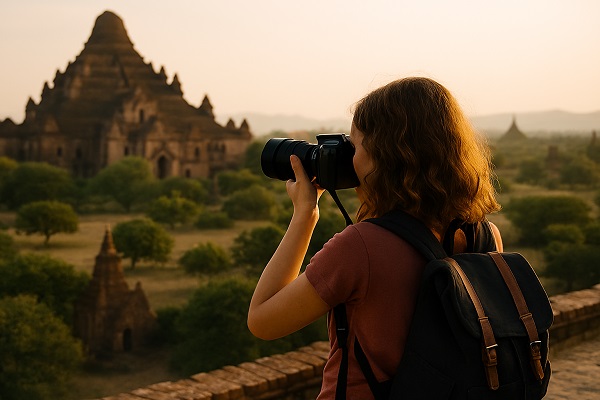Alone with the Peaks : The Ultimate Guide to Solo Mountain Travel
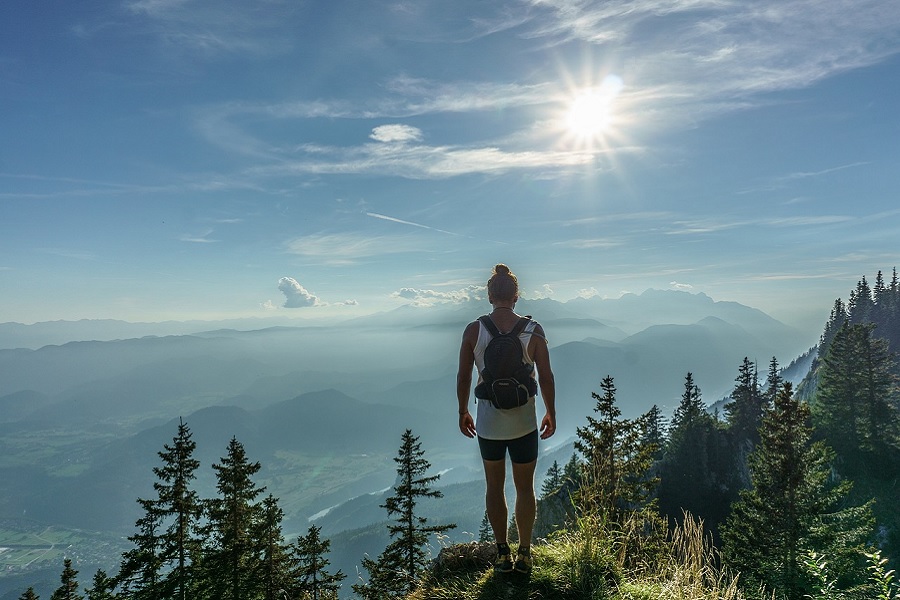
Mountain solo travel is one of the most transformative and liberating experiences you can embark on. It offers a unique opportunity to disconnect from the hustle of daily life, recharge your mental and physical energy, and experience the world’s most breathtaking landscapes in solitude. Whether you’re a seasoned adventurer or just starting your journey into the mountains, there’s something truly special about being surrounded by nature, facing challenges, and discovering new parts of yourself along the way. Here’s your ultimate guide to making the most of your solo mountain adventure.
Why Choose Solo Mountain Travel?
There’s something profoundly freeing about traveling solo through the mountains. The quiet isolation and the incredible landscapes offer a deep sense of peace and self-reflection that’s hard to find elsewhere. In the mountains, you are your own companion, relying only on yourself to navigate the journey and overcome obstacles.
Being alone allows you to absorb the beauty around you without distractions, reconnecting with nature in its purest form. The journey is as much about self-discovery as it is about physical exploration. The challenges you face, whether it’s climbing a steep incline or finding your way through fog, lead to a sense of accomplishment that can only come from overcoming those challenges on your own terms.
Essential Preparation for Solo Mountain Adventures
While solo mountain travel is an enriching experience, it also requires meticulous planning. Here are some essential tips to make sure your journey is both safe and enjoyable.
1. Research Your Route
Before embarking on your solo adventure, make sure you know your route inside and out. Choose a trail that matches your skill level and physical condition. For beginners, there are plenty of easier treks with well-marked trails, while more experienced hikers can explore challenging peaks. Familiarize yourself with the terrain, weather conditions, and any potential hazards.
2. Pack Smart and Light
Packing for a solo mountain trek is crucial. You’ll want to pack light, but make sure you have all the essentials:
* Water: Staying hydrated is key. Carry enough water, or know where you can refill along the trail.
* Snacks: High-energy snacks like nuts, granola bars, and dried fruit are perfect for refueling on the go.
* First Aid Kit: A small, comprehensive first aid kit can help you manage minor injuries or ailments.
Navigation Tools: A map, compass, or GPS device can be lifesavers in case you lose your way.
* Clothing: Layer your clothing to adapt to changing weather conditions, especially in high-altitude environments.
3. Know Your Limits
Solo travel means that you're responsible for your own well-being. It’s important to be honest with yourself about your physical limits. Start with moderate hikes and work your way up to more difficult routes as you gain confidence and experience. Don’t push yourself too hard - remember that the journey is more important than the destination.
4. Prepare for Emergencies
Emergencies can happen, even on the most well-planned trips. Always let someone know your itinerary and expected return time. Carry a whistle, a mobile phone with extra battery power, and a flashlight. For longer trips, consider renting a satellite phone in case you lose signal. In the event of an emergency, being prepared could make all the difference.
The Healing Power of the Mountains
One of the most significant aspects of solo mountain travel is the opportunity it provides for introspection. Mountains have long been regarded as sacred spaces, offering peace and clarity. Hiking through majestic landscapes or sitting alone at a viewpoint can give you a sense of tranquility that is hard to replicate in urban environments.
The solitude allows you to clear your mind, process emotions, and develop a deeper understanding of yourself. Whether you’re reflecting on personal matters or simply enjoying the beauty around you, the mountains offer a rare form of healing that’s both physical and mental.
Safety First, Adventure Always
While solo mountain travel is incredibly rewarding, safety should always be your top priority. Here are a few tips to ensure that your adventure remains as safe as it is fulfilling:
* Tell Someone Your Plans: Share your itinerary, including where you’ll be and when you expect to return.
* Stay on Marked Trails: Straying from well-marked paths can be dangerous, especially if you’re hiking in remote areas.
* Avoid Risky Weather Conditions: Check the weather forecast regularly and adjust your plans if adverse weather is predicted.
* Trust Your Instincts: If something doesn’t feel right - whether it’s the terrain, the weather, or even your own physical state—don’t hesitate to turn back.
Recommended Solo Mountain Destinations
If you’re ready to embrace the world of solo mountain travel, here are a few destinations known for their stunning beauty and welcoming trails:
1. The Swiss Alps, Switzerland
The Swiss Alps are a paradise for solo travelers. With its vast network of well-marked hiking trails, it’s easy to explore the region alone. The stunning views, alpine meadows, and picturesque villages make it a perfect destination for those seeking peace and adventure in equal measure.
2. Mount Rinjani, Indonesia
If you’re looking for a more challenging trek, Mount Rinjani in Indonesia is ideal. The trek to the summit is physically demanding, but it rewards you with panoramic views of the island and a sense of accomplishment like no other. You can also visit the crater lake, Segara Anak, and camp under the stars.
3. The Himalayas, Nepal
Nepal’s Himalayas offer a variety of treks for all skill levels. Whether you’re trekking the famous Everest Base Camp or the quieter Annapurna Circuit, you’ll find breathtaking landscapes, vibrant cultures, and a community of fellow trekkers who share your passion for adventure.
4. The Andes, Peru
For those looking to immerse themselves in both culture and nature, Peru’s Andes mountains are an ideal solo travel destination. Explore ancient Inca ruins, hike to Machu Picchu, or wander through remote villages to get a glimpse into the lives of local mountain communities.
Solo Travel, Self-Discovery
Solo mountain travel is an opportunity to disconnect from the outside world and reconnect with yourself. The physical challenges you face during your trek are met with an emotional and spiritual journey that offers self-discovery and growth. Each step, each mountain pass, and each summit reached becomes a reminder of your strength, resilience, and the vast beauty of the world around you.
The solitude of the mountains offers not only moments of reflection but also a deep sense of freedom. There’s no one else to rely on but yourself, and this independence fosters both confidence and introspection. Whether you’re finding peace in the quiet moments or pushing through the toughest trails, solo mountain travel can change the way you see both the world and yourself.
As you plan your solo journey, remember that the mountains aren’t just about reaching the peak - they’re about embracing the process of getting there. The moments of struggle, joy, and peace along the way make the journey truly worthwhile.
So, take the first step. Let the mountains whisper their wisdom to you, and experience a journey that will stay with you long after you’ve descended back into the world.

















